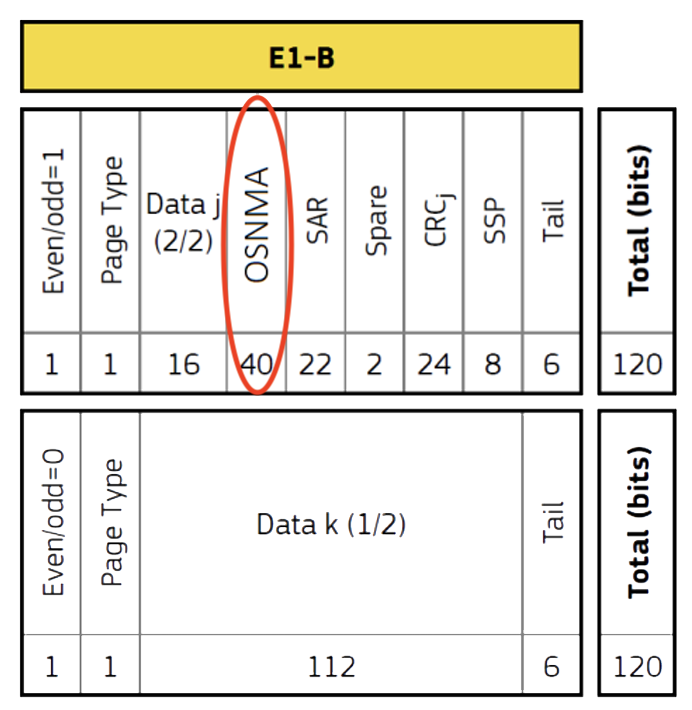GNSS-SDR v0.0.19 released
This release provides bug fixes and new features. Most relevant changes with respect to the former release are listed below:
Improvements in Efficiency:
- Fixed some performance inefficiencies detected by Coverity Scan.
Improvements in Interoperability:
- Added a new PVT configuration boolean flag (
flag_geohash_log_out) that enables or disables the Position Geohash tag output in INFO log files. Set tofalseby default. - New fields have been added to the custom output stream defined by
monitor_pvt.proto:utc_time(a RFC 3339 datetime string),- velocity in the local ENU frame (
vel_e,vel_n, andvel_u), in m/s, - the course over ground,
cog, in degrees, - the status of the Galileo’s High Accuracy Service,
galhas_status:- 0: HAS data not available
- 1: HAS Corrections applied
geohash, an encoded geographic location.
Improvements in Maintainability:
- Removed useless casts and shadowed variables, improving source code readability.
Improvements in Portability:
- Updated local
cpu_featureslibrary to v0.9.0. volk_gnsssdr: fix syntax for Python 3.12 without breaking backward compatibility with Python 2.7.- Fixed linking against GNU Radio v3.10.9.1.
- Make use of new API if linking against VOLK >= 3.1.
- Fixed undefined behaviour in
volk_gnsssdrarising from incompatibility between complex numbers in C and C++. - Now build system paths are not leaked when cross-compiling.
- Enabled building using macOS Sonoma and
arm64processor architecture.
Improvements in Repeatability:
- A Kalman filter is now available in the PVT block, smoothing the outputs of a
simple Least Squares solution and improving the precision of delivered fixes.
It can be enabled by setting
PVT.enable_pvt_kf=truein the configuration file. The user can set values for the measurement and process noise covariances with the following optional parameters (here with their default values):PVT.kf_measures_ecef_pos_sd_m=1.0, in [m];PVT.kf_measures_ecef_vel_sd_ms=0.1, in [m/s];PVT.kf_system_ecef_pos_sd_m=2.0, in [m]; andPVT.kf_system_ecef_vel_sd_ms=0.5, in [m/s].
Improvements in Scalability:
- Fixed some potential data race conditions detected by Coverity Scan.
Improvements in Usability:
- The Galileo E1B Reduced CED parameters usage has been set to
falseby default. You can activate its usage withGalileo_E1B_Telemetry_Decoder=truein your configuration file. - The generation of Galileo E6B observables has been disabled if the user sets
PVT.use_e6_for_pvt=false, fixing the PVT computation in some multi-band configurations. - Fix bug in the custom binary output (
PVT.enable_monitor=true) output rate. Before this fix, it was outputting data every 20 ms, instead of observing thePVT.output_rate_mssetting. - Now the program exits properly if a SIGINT signal is received (e.g., the user pressing Ctrl+C, or another user application sending an interruption signal).
- The estimated CN0 value is now printed in the terminal when navigation data is successfully decoded.
- Fixed GPS navigation message satellite validation.
- Latitude and longitude are now reported in the terminal with six decimal places (the sixth decimal place worths up to 0.11 m), instead of the overkilling nine (the ninth decimal place worths up to 110 microns). Similarly, height in meters is now reported with two decimal places instead of three, and velocity in m/s also with two decimal places instead of three.
- Fixed the rate at which KLM, GPX, GeoJSON, and NMEA annotations are made. The
rate is now set by
PVT.output_rate_ms(500ms by default), and can be particularized byPVT.kml_rate_ms,PVT.gpx_rate_ms,PVT.geojson_rate_ms, andPVT.nmea_rate_ms. Those values should be multiples ofPVT.output_rate_ms, or the least common multiple will be taken.
As usual, compressed tarballs are available from GitHub and Sourceforge.



